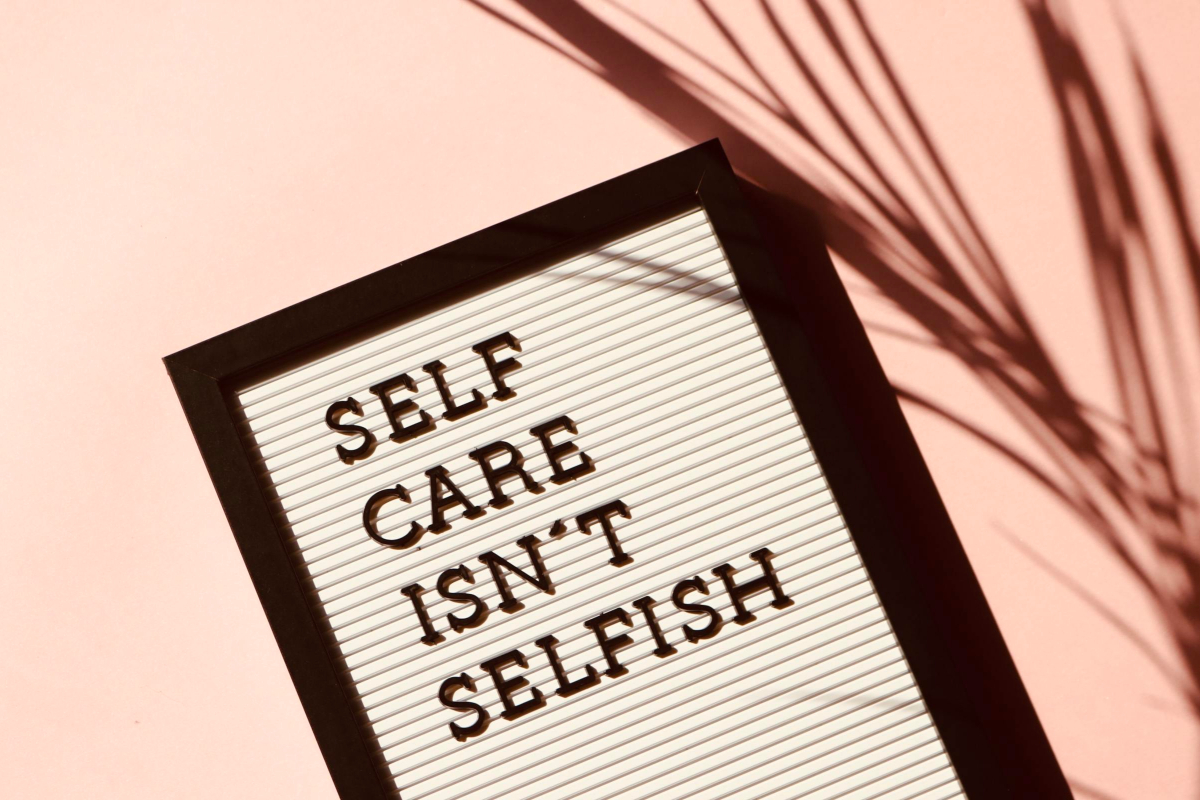Benefits of Attending Dual Diagnosis Treatment Centers, According to RealtimeCampaign.com
Dealing with addiction is hard. When addicts have co-occurring mental health problems, that makes it even harder. The services offered at dual diagnosis treatment centers make it easier for those struggling with mental health problems to get clean and sober while simultaneously dealing with the underlying problems that drove them to addiction. Read on to find out about the benefits of dual diagnosis treatment or click here to read about treatment modalities.
Mental Health Treatment Comes First
Treating addiction without addressing the underlying problems that drive people to abuse drugs or alcohol, to begin with, doesn’t do much good. Dual diagnosis treatment prioritizes addressing underlying mental health disorders. This makes it easier for addicts to make the difficult journey to sobriety without relapsing as soon as their mental health declines.
Good for a Variety of Mental Health Disorders
Every patient is different. Some people who seek dual diagnosis treatment are struggling with trauma-induced PTSD, while others have mood disorders like anxiety, depression, or bipolar disorder. Even schizophrenic substance users can benefit from dual diagnosis treatment. No matter what kind of struggles an addict is facing, he or she can get access to professional help that isn’t available at standard rehabilitation centers.
Access to Medication
According to realtimecampaign.com, access to beneficial medications can make a huge difference when it comes to treating the underlying mental health conditions that contribute to substance abuse. Many people who abuse drugs or alcohol do so in an attempt to self-medicate. With the right medications, they’ll get the help they need so they don’t have to turn to illicit substances.
Learning How to Cope
When an Expert offers tips on caring for mental health, he or she often introduces the idea of triggers. Recognizing potential triggers for both mental health relapses and addiction relapses helps patients learn how to cope with them. Not all potential triggers can be avoided, so patients who want to remain in recovery need to come up with comprehensive plans for how to deal with them without resorting to using drugs or alcohol.
Plan for the Future
For those living with co-occurring disorders, making and sticking to any kind of plan can feel impossible. With ongoing mental health and addiction treatment, students can often return to their studies, workers can go back to work, and parents can find ways to be there for their kids. Dual diagnosis treatment involves not just coming up with long-term plans but also learning how to implement them. The treatment available at West Coast Recovery Centers offers addicts with comorbid mental health conditions the support they need to live the lives they’ve always wanted.
Recovering from addiction or coping with a mental health disorder is always hard. When these two conditions occur together, it can feel impossible. With the help of qualified professionals, it doesn’t have to be. Those who want to get help for themselves or their loved ones can get started by calling to schedule an initial evaluation as soon as possible.
Media Contact
Company Name: Realtimecampaign.com
Contact Person: Rose Mary
Email: Send Email
Phone: 407-875-1833
Country: United States
Website: Realtimecampaign.com


